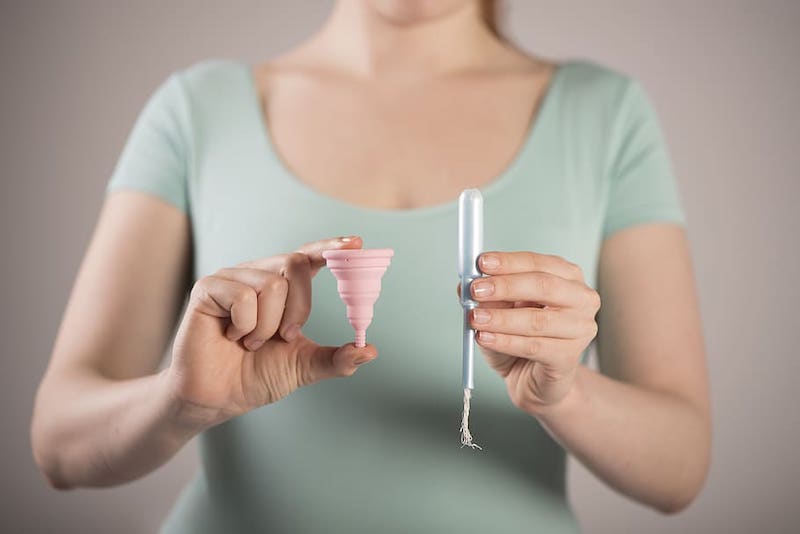Candidate for the 35th City Council District Renee Collymore (Fort Greene, Clinton Hill, Prospect Heights, Crown Heights, Downtown Brooklyn) has decided to launch her first of many progressive policies centered around women.
Collymore is fighting for the One-Week Menstrual Leave Policy, which she said is more possible in an adaptive and virtual work climate now more than ever.

“It is unfair to keep holding women to these expectations when our intense, natural menstrual pain is preventing us from carrying out our normal work duties. This is why I am proposing a one week paid menstrual leave for all women. The pandemic has proven that remote work is effective, so when we are back in the office, this should be an additional menstrual leave option available to women,” said Collymore.
Collymore said that many women, and especially women of color, have subpar healthcare and that affects a women’s cycle which can cause issues like fibroids, or muscular tumors that grow in the wall of the uterus and “are almost always benign (not cancerous).” She said that her struggle with fibroids and insurance coverage really inspired her to push for change.
“This is a progressive move for women,” said Collymore. “In everything you do, there’s going to be pushback. Nothing you do just goes straight through. People who do not understand, that’s why we’re here to explain it to them.”
Collymore would not be the first to directly address menstruation with legislation in the city. In 2016, the city “became the first city in the nation to guarantee access to menstrual hygiene products” by mandating that pads and tampons be freely available to women and girls in public schools, homeless shelters, and prisons, said Bloomberg Citylab.
This move also helped highlight the inequities of the ‘pink tax.’ Basically, feminine hygiene products, such as tampons and pads that are necessary for women to purchase on a daily basis, were marked as luxury items and taxed higher compared to men’s products.
As of September 2020, Governor Andrew Cuomo’s ban on the pink tax that furthered the financial gap between men and women was enacted into law, stating that “retailers, suppliers, manufacturers or distributors were prohibited from charging a price for two substantially similar” goods or services, if the goods or services are priced differently based on gender.”
“The Pink Tax was gender-based discrimination, plain and simple,” said Melissa DeRosa, who is Chair of the New York State Council on Women and Girls in the press release. “In New York, women have been forced to accept the unjust reality of a higher price tag for identical goods marketed to men. It was unacceptable and starting today women and girls across this state can be confident that it won’t happen again. New York has made tremendous progress in advancing gender equity through Governor Cuomo’s Women’s Agenda and abolishing the pink tax is a critical next step.”
Collymore said she’s going to keep the ball rolling for menstrual equality.
“I am a lifelong member of this beautiful community and I understand that women endure many hardships on their quest to success,” said Collymore. “I understand it can be difficult for women to perform any task during their menstruation. We suffer from the depletion of vitamins, minerals, proteins, and nutrients needed for our survival. The effects of menstruating are not simply physical, but also mental and emotional depending on the nature of the cycle. Our only relief is multiple, daily medications for an entire week. Yet we have no choice but to go to work and be subjected to unrealistically high standards of performance during a time when we may not be able to meet them.”






